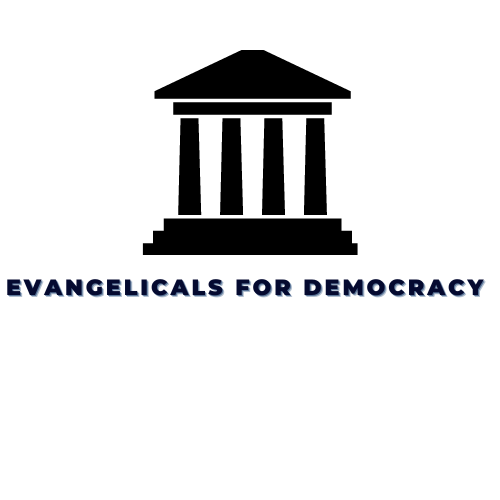The Truth about Truth
Truth, defined by Merriam-Webster’s Dictionary as “the real facts about something,” is never optional.
The truth is what we teach our children at an early age so they will grow up to be honest. It is the reason there are laws requiring public companies to disclose their financial information, the terms of a loan or the details of a contract. And “the whole truth and nothing but the truth” is what we swear on a Bible in court so justice will be done.
The truth is so important to us as human beings that our bodies respond physically to the act of lying. When we engage in deceit, our heart rate and breathing increases, we sweat, our mouth gets dry, and sometimes we itch or fidget. In fact, the science of lying is so well understood that these physiological effects form the basis of the classic lie detector test.
For people of faith, truth takes on an even greater meaning. Scripture teaches us that truth is closely tied to the nature of God and our relationship with Him. This reality is brought to life with the words of Jesus Christ that "Ye shall know the truth, and the truth shall set you free" (John 8:32).
Given these “truths” about truth, the question for “church-going, Bible-reading, born-again” believers is why isn’t truth a requirement for voting for any candidate for public office? Christians should know the consequences of a lying tongue and yet, too many evangelicals – believing that the end justifies the means – have been willing to laugh away the blatant mendacity of political leaders or excuse lies as “alternative facts.”
Even more troubling, a number of evangelical churches have embraced Donald Trump’s “Big Lie” that the 2020 election was stolen. This has given an air of spiritual authority to election conspiracies, the “take back America” threat, and even the necessity of violence.
There is nothing Christian about lying and condoning liars. And the consequences are very real for our country. If we are willing to entrust our government to liars or accept alternative realities not substantiated with the facts, we will lose freedoms we hold dear, and our democracy will exist in name only.
True, there will be no tanks in the streets, people will still vote, and our constitution and democratic institutions may remain in place. But democracy breaks down when lies, fear, and government institutions become political weapons, wielded forcefully by those in control against those without power.
If this isn’t enough of a reason for evangelicals to hold truth dear and act accordingly, think about the reputation of the United States as a world leader. Currently, most other democratic nations view the U.S. as acting on the basis of a common set of facts and principles. If trust in what we do and what we say is diminished, countries will start to question whether they can work with us and do business with us. This could mean a weakened dollar, tariffs on American products, closed markets for our goods and services, and a declining economy. Even worse, Russia and China want to dominate the world and if they don’t believe us when we say what the “red line” is, war will surely ensue.
The truth is that “we the people” have an obligation to demand the truth from our political leaders and not vote for liars. Moreover, we as evangelicals have a moral imperative to obey God and save our democracy.

